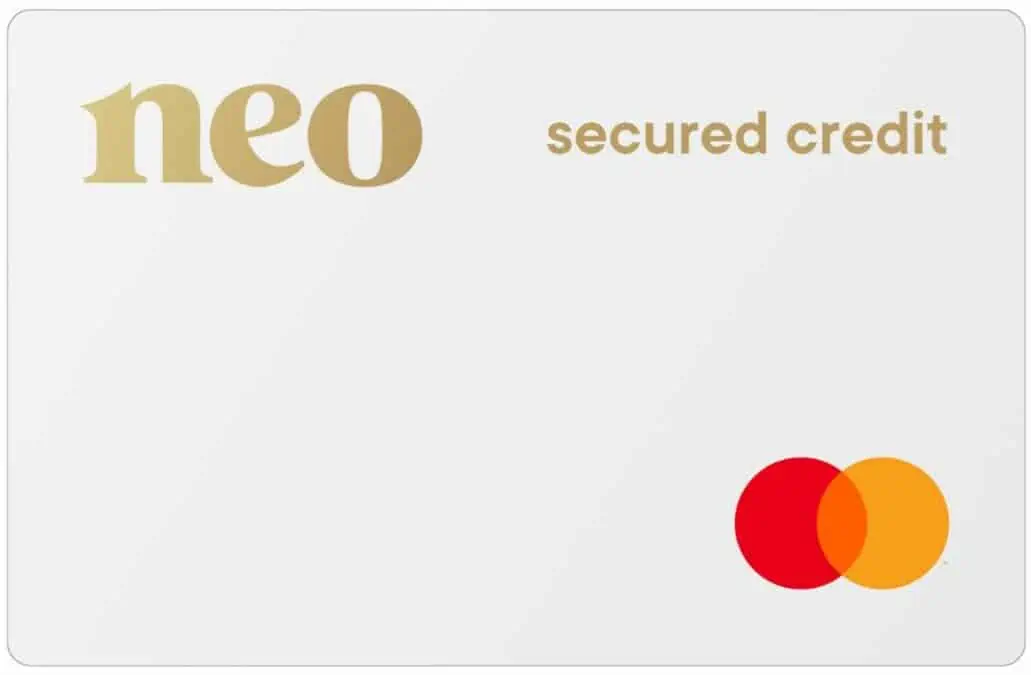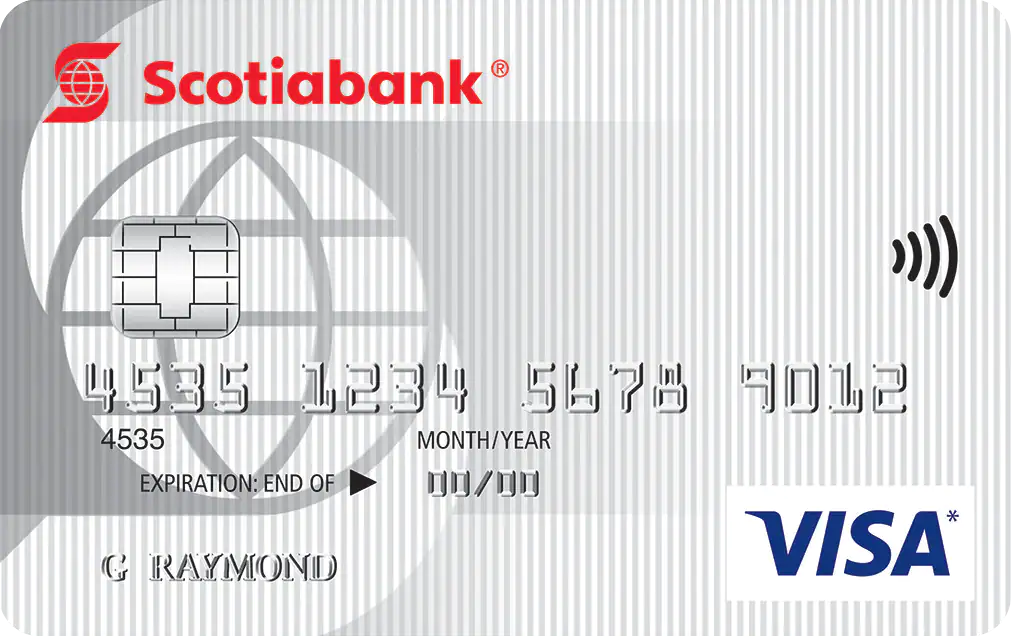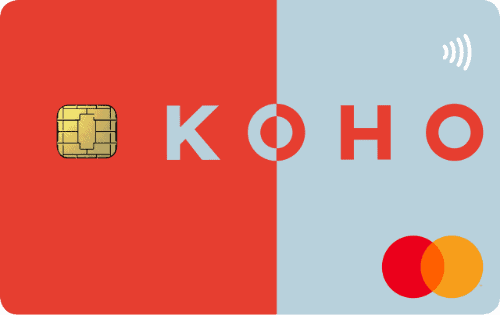What is considered a good credit score in Canada, and what is the average credit score of the general population?
A credit score is a financial gauge that tells you and others how you are doing financially and whether or not you can be trusted to use credit responsibly.
You’d be surprised at how much influence a three-digit number can have on your life, particularly if you are like the average Canadian who will carry some debt at some point in their life.
What is a Good Credit Score in Canada?
The two major credit bureaus, Equifax and TransUnion use custom scoring models to compute your credit score.
While the parameters they consider are fairly similar, there may be slight differences in the credit score reported by both agencies.
As per Equifax, a good credit score falls in the 660-724 range.
As per Borrowell, credit scores in Canada can be rated as follows:
- 741 – 900: Excellent
- 713 – 740: Good
- 660 – 712: Fair
- 575 – 659: Below Average
- 300 – 574: Poor
With a “good” credit score, you can qualify for a loan or credit facility; however, you may not be offered the lowest interest rate.
As your credit score increases beyond the “good” range and moves up, creditors view you more favourably and consider you a low-risk borrower.
With an “excellent” credit score, you are more likely to qualify for the best rates available.
What is the Average Credit Score in Canada?
There are all kinds of averages when comparing credit scores in Canada. For example, average credit scores vary significantly by age group, province, and even the city you live in.
Based on data derived by Borrowell from a 2022 study, the average credit score in some Canadian cities is:
- Calgary, AB: 667
- Edmonton, AB: 649
- Fredericton, NB: 658
- Gatineau, QC: 663
- Halifax, NS: 664
- Quebec City, QC: 683
- Regina, SK: 659
- Toronto, ON: 696
- Vancouver, BC: 705
- Winnipeg, MB: 661
Using the same study above, the average credit score in Canada nationwide is 672.
The numbers provided by the Canada Mortgage and Housing Corporation in 2019 are higher; however, they also indicate that residents of Vancouver have some of the highest credit scores in the country.
What is a Credit Score?
In Canada, a credit score ranges from 300 to 900. Your score is calculated using the information in your credit report and is seen as a measure of your creditworthiness.
When you apply for a loan, the lender pulls your credit profile to assess the default risk they face and the possibility that you may not be able to meet your repayment obligations.
The higher your credit score, the better.
Whether for a mortgage loan, new car financing, or a new credit card, your credit score can mean the difference between getting approved (for a competitive interest rate) and getting disqualified (or being offered a high-interest rate).
It’s not just about loans and financing. Credit scores also impact other areas of our lives. For example, some jobs may require that you pass a credit check.
Credit scores in the U.S. are graded differently and range from 300 to 850.

What goes into your Credit Score?
Lenders and other financial institutions report your credit activity to the credit bureaus, and this record, in turn, forms your credit report.
The things they look at to determine your score can be found in your credit report and include your:
1. Payment history (35%): Do you pay your bills on time? If you miss payments or send them in late, it negatively impacts your credit score. Your payment history carries a weighting of around 35% when computing your score.
2. Credit utilization rate (30%): This refers to the amount of credit you use out of your total available credit. For example, if you carry a balance of $5,000 on all your credit cards and your total credit limit is $10,000, your credit utilization ratio is 50%.
A high credit utilization ratio does not reflect well on your credit profile, and experts suggest you keep it lower than 30%.
3. Length of credit history (15%): Your credit age refers to how long you have been using credit. The longer your history and the evidence to show that you have been responsible with credit, the higher your score in this area.
This is why you should keep some older credit files open (e.g. credit card) even if you no longer need them.
4. Types of credit (10%): The types of credit on your credit file impacts your score. A mix of different kinds of loans, credit cards, lines of credit, etc., shows potential lenders that you know how various financing options work.
5. Credit inquiries (10%): When you approach a lender for a loan, they pull your credit file, and this inquiry, referred to as a “hard inquiry,” shows other lenders that you are looking for credit. Several hard inquiries within a short span of time negatively affect your credit score.
Checking your own credit score is seen as a “soft inquiry,” and does not impact your credit score.
Other factors considered when calculating your credit score include derogatory public records such as debts sent to collections or bankruptcy.

How to Check Your Credit Score
Canadians can access their credit scores directly from TransUnion and Equifax for a fee (~$20).
Alternatively, companies like Borrowell offer a free credit score check, which is updated every week at no charge.
Borrowell was the first Canadian company to provide free credit scores in Canada.
In addition to its free credit monitoring service, the company offers personal loans, mortgages, insurance, credit cards, and investment products.
More than 1 million Canadians have obtained their credit scores through the Borrowell platform.
How to Increase Your Credit Score
Here are some strategies you can use to improve your credit score.
1. Pay your bills on time, all of the time. Always make the minimum payment and pay off your entire balance every month.
2. Do not carry a balance that exceeds 30% of your total limit. The lower, the better. In some cases, it may make sense to ask for a higher credit limit to keep your usage ratio low.
3. Avoid shopping around for new credit unless when necessary.
4. Monitor your credit report for errors. If you find errors on your credit report, contact the credit bureau to dispute the error and ask them to fix it.
5. Avoid closing your oldest credit accounts unless it is absolutely required. Older accounts add to your credit age and can increase your credit score.
Conclusion
A good credit score in Canada starts from 660. The higher it is, the easier it will be for you to qualify for credit.
I use Borrowell to monitor my credit and to ensure I do not become a victim of identity theft or fraud. Also, the monthly credit score and credit report update they provide make it easy to track my progress over time.
Want to see your credit score? Click here to get one for free.
Good Credit Score Canada FAQs
A 700 credit score is good. For a very good credit score, you need to score between 713 and 740.
A score above 700 will help you qualify for a mortgage after considering other financial factors, including your Total Debt Service and Gross Debt Service Ratios. To qualify for competitive mortgage rates, you should aim for a very good to excellent credit score.
A credit score above 660 qualifies for a car loan with many alternative lenders. If you want auto financing from your bank, they prefer credit scores exceeding 700.
You can get low-interest rates on personal loans and mortgages when you have an 800 credit score.
Related:








